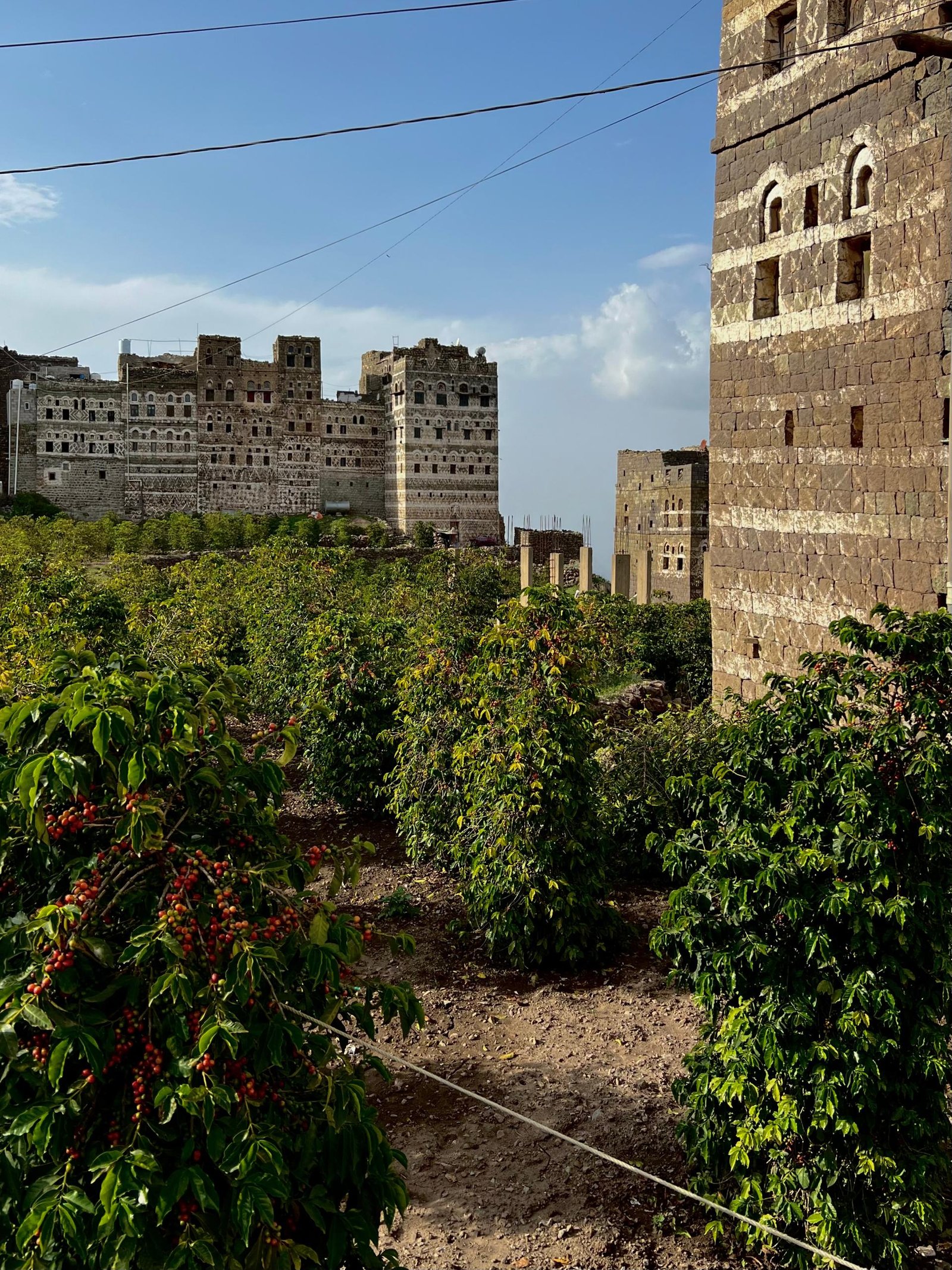
International Coffee Day: A Beverage’s Journey from Yemen to the World
Every year on October 1st, the world celebrates International Coffee Day. This occasion is not just an opportunity to enjoy a cup of coffee, but a global event that brings together different cultures and generations. It highlights coffee’s role as a unifying element and celebrates its long journey from its mysterious origins to becoming a beloved drink enjoyed by millions worldwide.
The Origins of Coffee – A Debate and a New Perspective
There is much debate about the origins of the coffee tree, but experts agree that this tree has coexisted with humans on Earth for millennia. It is difficult to pinpoint whether the oldest coffee tree was in Ethiopia or Yemen. The beginnings of coffee trace back to ages long before it was first discovered in Yemen by the Yemeni mystic and alchemist Jamal al-Din al-Shadhili. Coffee wasn’t cultivated by humans in its early days, but it grew naturally by divine creation.
Yemen is regarded as the birthplace of coffee, where its global recognition began. The country still nurtures some of the oldest coffee trees in the world, which continue to produce beans of historical value, shaped by the passage of time. The port of Mocha in Yemen played a key role in the global spread of coffee. Thanks to the high quality and unique flavors of Yemeni coffee, it became a sought-after commodity worldwide, especially the famous “Mocha” variety.
International Coffee Day – Honoring the Coffee Industry and its Farmers
International Coffee Day was officially established by the International Coffee Organization (ICO) in 2015 during the Milan Expo. This event highlights the challenges facing coffee farmers, including economic and environmental difficulties, and calls for the promotion of fair trade practices to ensure farmers receive fair compensation for their efforts.
Coffee is not just a beverage; it is a livelihood for millions of people around the world, from farmers in the fields to baristas in coffee shops. This day reflects recognition of the significant contributions made by these individuals to make coffee an essential part of our daily lives.
Between Tradition and Modernity
In the UAE and the Gulf countries, coffee symbolizes hospitality and tradition. Arabic coffee is an integral part of daily life and social gatherings, carefully prepared and often infused with spices such as cardamom and saffron. In recent years, the UAE, particularly Dubai, has become a hub for modern coffee culture through workshops, tasting sessions, and celebrations that blend tradition with innovation.
In Saudi Arabia, coffee holds a special place in the national identity. It is an essential part of Saudi hospitality, and the country has recently launched efforts to enhance local coffee farming, particularly in regions like Jazan, further promoting the global presence of Arabic coffee.
Yemen: The True Homeland of Coffee
Although there is debate about the origin of the coffee tree, Yemen is the land where coffee was first introduced to the world. In the 17th century, the export of coffee began from the port of Mocha, spreading across the globe and becoming part of global culture. Yemeni coffee is celebrated for its unique quality and flavor, and despite the economic and political challenges facing the country, coffee remains a symbol of authenticity and resilience.
Coffee Around the World
International Coffee Day is celebrated differently across countries. In Brazil, local festivals honor coffee farmers and their contributions to the industry, while in Europe, coffee shops host tasting events and workshops. In the Netherlands, known for having the highest coffee consumption per capita, coffee enthusiasts gather for tasting events, while in Indonesia and Vietnam, where coffee plays a key economic role, events focus on supporting farmers and promoting sustainable agriculture.
In the United States, International Coffee Day is often linked to supporting fair trade initiatives to ensure farmers are paid fairly. Coffee shops draw consumers’ attention to the importance of sustainability and ethical production, linking the love of coffee to responsible consumption.
Challenges and the Future
While the world celebrates coffee, the industry faces significant challenges such as climate change, which is expected to reduce the land suitable for coffee cultivation by mid-century. This pushes the industry to develop new practices to maintain quality production under changing environmental conditions.
In addition to climate change, the coffee industry suffers from economic fluctuations that directly impact farmers’ income, especially in developing countries. International Coffee Day emphasizes the importance of promoting fair trade practices and supporting small farmers to ensure the sustainability of coffee in a competitive global market.
A Beverage That Unites the World
As the world celebrates International Coffee Day, it becomes clear that coffee is more than just a drink—it is a cultural bridge, an economic driver, and a symbol of global unity. Whether you’re enjoying a traditional Arabic coffee in a majlis or sipping a cold brew in a trendy café, coffee remains a beverage that brings together people from diverse cultures and backgrounds.
On this special day, we celebrate coffee not only for its rich flavors and rituals but also for the people and stories behind every cup. From the farmers who grow the beans to the baristas who serve our favorite drinks, coffee is the result of collaboration, passion, and hard work. As we raise our cups in celebration, we must also commit to ensuring the sustainability of the coffee industry so that future generations can continue to enjoy this beloved beverage for many years to come.



